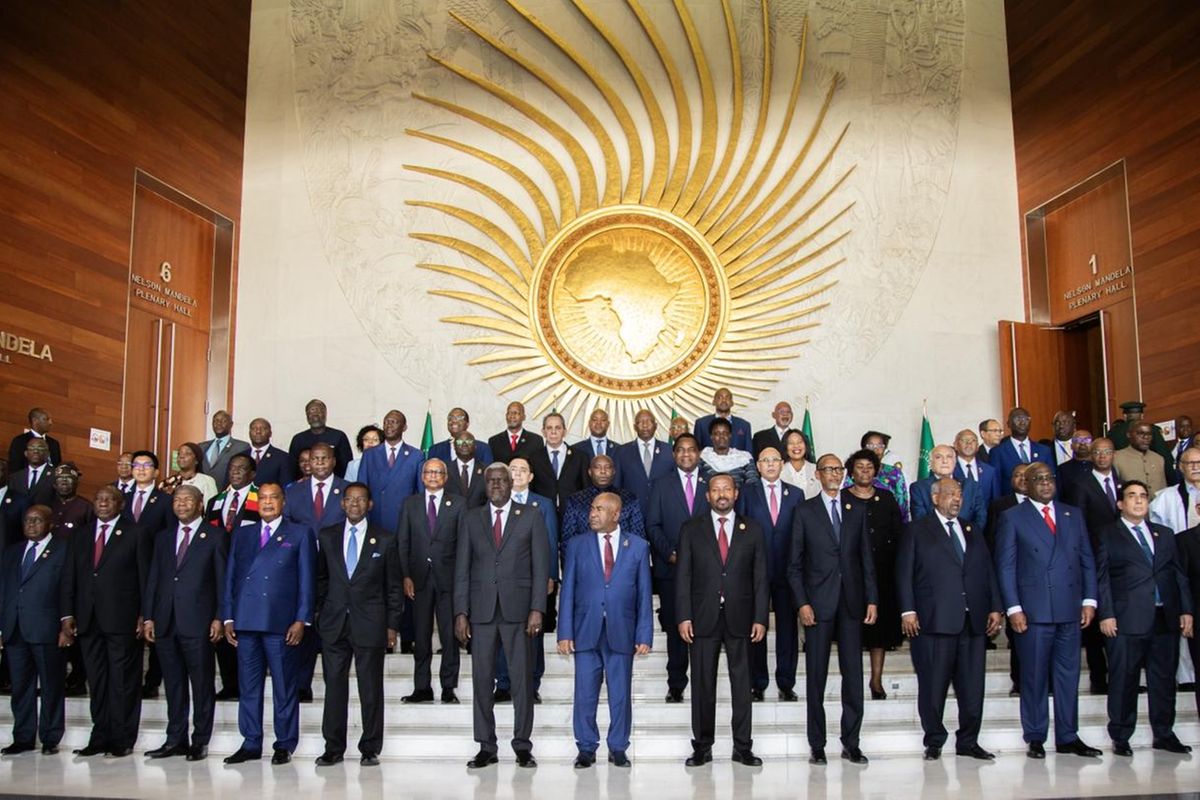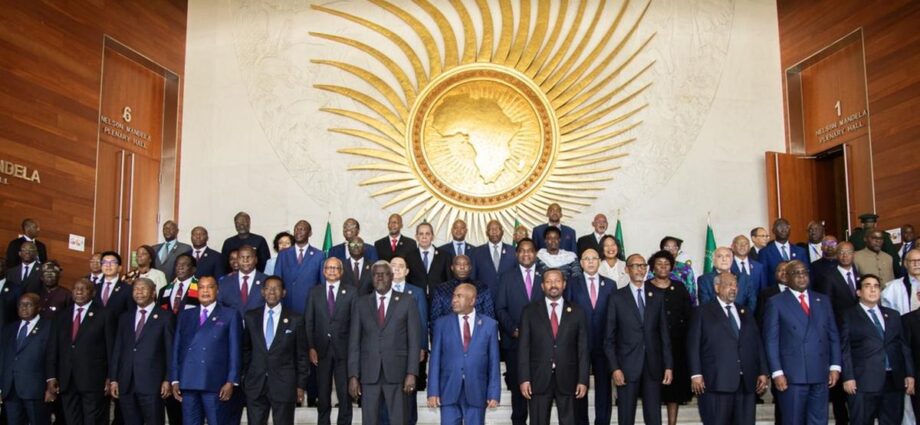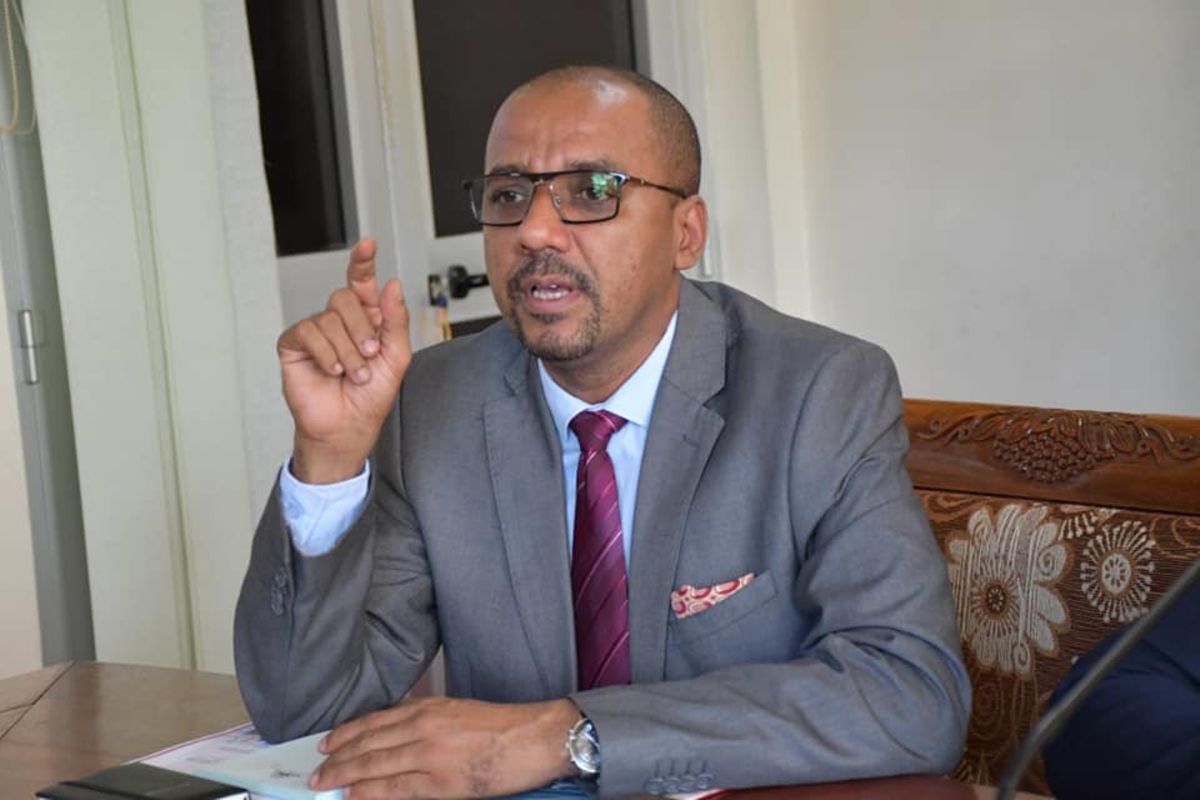
Six weeks ago, we began exploring what it truly means to lead with transformative vision. This journey has taken us across continents as we investigate what makes certain individuals remarkably effective at nation-building.
As an African, this theme resonates deeply with me: if any continent stands in need of transformation, it is Africa. Yet, ironically, African leadership often diverges from the ideals that the transformers we’ve studied embody.
It’s easy to dismiss the achievements of notable nation builders. Critics often belittle accomplishments by crediting external factors: David Ben-Gurion is seen as a beneficiary of Western support, Lee Kuan Yew’s success is dismissed due to Singapore’s small size and comparisons between African nations and China are derided as unreasonable.
We are hellbent on never acknowledging our shortcomings as people. But these objections raise an important question: given the ‘transformative leadership toolkit’ that we have assembled, could it be effective in Africa? And, if so, are there African leaders who exemplify this transformational legacy?
To start with, let me say that I tend to dismiss most of what Africans consider to be heroes. It is quite shocking that figures such as Gaddafi, Mugabe and Magufuli are lauded as heroes.
The bar for heroic leadership in Africa is set far too low: make a few anti-imperialist statements and you’re a new hero. In reality, if you aim to destroy a nation, imitating these ‘heroes’ is a perfect way for achieving that.
Then there are figures like Julius Nyerere and Kwame Nkrumah. These leaders liberated their countries, unified their people and inspired movements that went beyond their borders.
They dreamt of a united Africa marching toward a prosperous future.
However, their visions were flawed: their idealistic Pan-Africanism, socialist policies and authoritarian tendencies ruined their nations.
Despite their undeniable larger-than-life statures, their legacies are mixed at best. Thus, they are not the transformative leaders we’re talking about.
Next, we have men like Nelson Mandela. He is possibly Africa’s most renowned leader, although I think Nyerere and Nkrumah deserve that honour more.
While Mandela is celebrated for his role in reconciling a divided South Africa, his impact was limited for spending a long time in prison and for his brief tenure as a president of South Africa.
For his pragmatism, Nelson Mandela had the leadership tools to become transformative. Unlike many ideologues, his decisions were guided by context: he endorsed armed struggle when necessary and later championed dialogue.
Though he undeniably influenced South Africa, his legacy does not quite meet my criteria for economic transformation and upliftment of ordinary citizens’ lives.
Then you have figures like Patrice Lumumba and Thomas Sankara. As usual, I held reservations, as heroes in Africa are often celebrated for reactionary anti-imperialism rather than substantive contributions.
Yet, on closer examination, I found Lumumba to be a rational, insightful leader who, despite limited formal education, understood his country’s needs well.
Both he and Sankara were promising leaders whose lives were tragically cut short by foreign interests.
While they were robbed of the opportunity to transform their nations, we remember leaders by what they achieve, not what they intended to achieve. Thus, they too fall short of the ‘transformative’ benchmark.
At this point, we will do well to consider men such as Salim Ahmed Salim, a leader of immense potential, whose legacy is unfortunately being overlooked today.
Though not a statesman in the traditional sense, Salim’s extensive resume stands as a testament to his potential.
His diplomatic skills, international exposure, pragmatism and patriotic service made him a unique figure. When I was reviewing his profile a couple of years ago, I became sad.
Salim was a missed opportunity: possibly the greatest president that Tanzania never had and one that suggests the possibility of transformative leadership within Africa.
Finally, recently, African social media is abuzz with praise for the West African coup leaders, whose faces have become fixtures in our Twitter feed.
Coups have made a return in Africa and I don’t mind: when you block all peaceful and democratic means to remove you from power, violence is the only option that remain.
Still, I feel wary about these new ‘heroes’. They are not pragmatists, thus risking the ire of powerful nations. Worse still, they rush to partner with rogue nations: I don’t know of a single nation that was transformed that way.
True African transformers will need patriotism and pragmatism, qualities that authoritarianism, greed and reactionary politicians lack.
Africa’s eternal-presidents, like Paul Biya or Yoweri Museveni, offer nothing to the continent’s progress, while corruption, as epitomised by Mobutu, shows a complete disregard for human dignity and national welfare.
To lead effectively, one must balance internal interests with external pressures, as we’ve seen in Park Chung-Hee of South Korea, Lee Kuan Yew of Singapore and Mustafa Kemal Atatürk of Turkey, each of whom strategically balanced democratic demands with developmental needs.
I think many Africans have a wrong notion of what effective leadership is all about. We are sold to populists, reactionaries and demagogues.
However, thankfully, as we will demonstrate next week, there is at least one case that shows that transformative leadership can flourish here.














